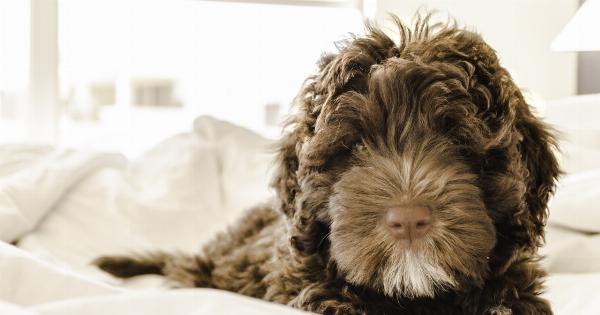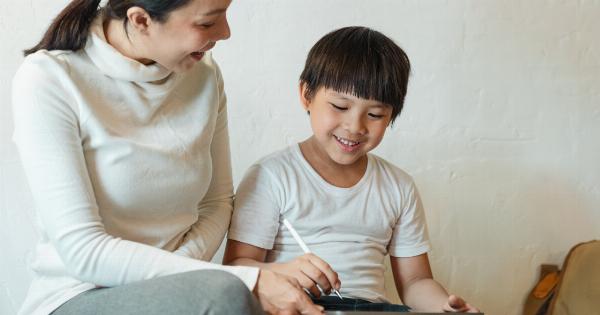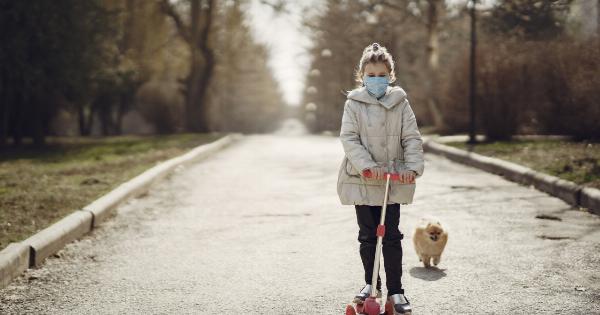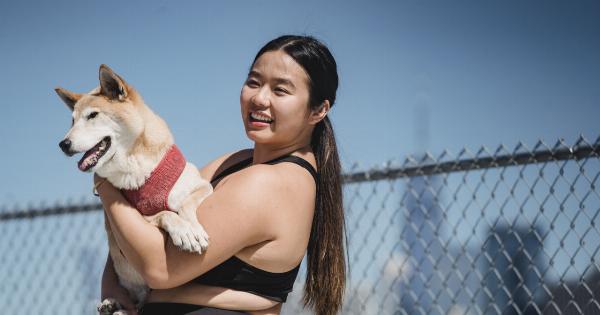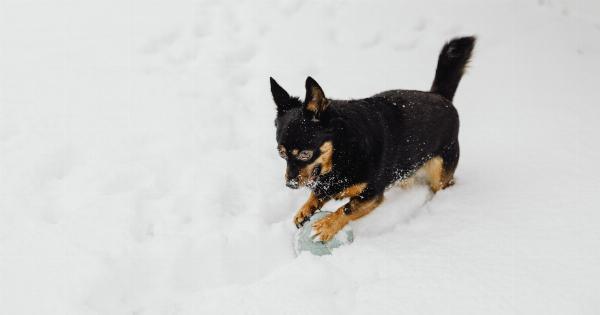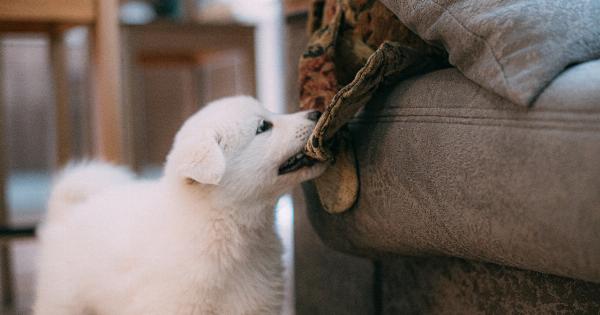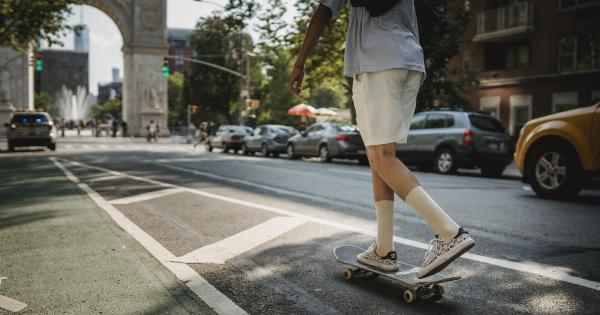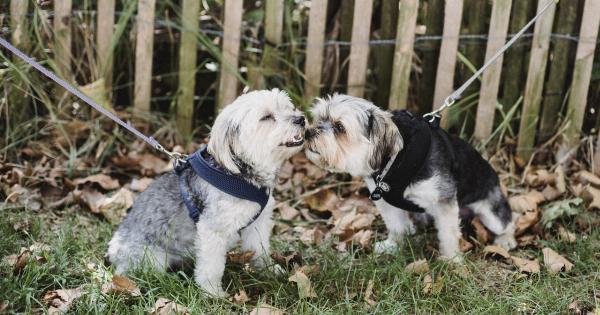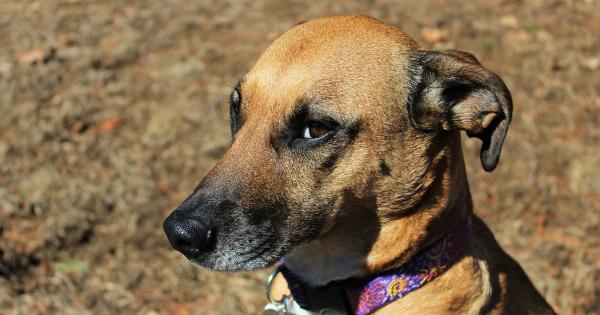Bringing a new puppy home is an exciting and joyous experience. However, it also comes with a lot of responsibility. One of the most important aspects of being a puppy owner is to ensure that your furry friend is well-behaved and trained.
Training your puppy not only helps them become a well-rounded and obedient dog but also strengthens the bond between you and your pet. In this article, we will discuss four crucial behaviors that you can start working on with your puppy today.
1. Potty Training
Potty training is probably the first and foremost behavior you should focus on when you bring home a new puppy. Teaching your puppy where and when to relieve themselves is essential for a harmonious living environment.
Start by establishing a routine for potty breaks – take your puppy outside to a designated spot after meals, naps, and playtime. Reward them with praise or treats when they successfully eliminate outside. Additionally, be patient and consistent during the training process, as accidents are bound to happen.
2. Basic Commands
Teaching your puppy basic commands lays the foundation for their overall training. Start with simple commands such as sit, stay, and come. Use positive reinforcement techniques, like treats or verbal praise, to reward your puppy for obeying the commands.
Break up the training into short sessions, keeping it fun and engaging for your furry friend. Consistency is key, so practice these commands daily to reinforce your puppy’s understanding.
3. Socialization
Socializing your puppy is crucial for their development and ability to interact with other dogs and people. Introduce your puppy to various environments, sounds, and experiences from an early age.
Take them for walks in different places, let them meet other friendly dogs, and expose them to different noises like sirens or vacuum cleaners. Positive exposure to different stimuli will help your puppy become more confident and well-adjusted.
4. Bite Inhibition
Puppies tend to explore their world with their mouths, which means they may accidentally nip or bite during playtime. Teaching bite inhibition is crucial to prevent your puppy from inadvertently causing harm.
When your puppy bites too hard, let out a high-pitched yelp to startle them. This mimics how their littermates would react, teaching them the limits of acceptable play biting. If your puppy continues biting, briefly withhold attention or redirect their behavior with a chew toy.
Conclusion
Training your puppy is an ongoing process that requires time, patience, and consistency. Remember to keep training sessions fun and positive for your furry friend.
Start with these four essential behaviors – potty training, basic commands, socialization, and bite inhibition – to set a solid foundation for your puppy’s future training. By investing the effort now, you are ensuring a well-behaved and happy companion for years to come!.



